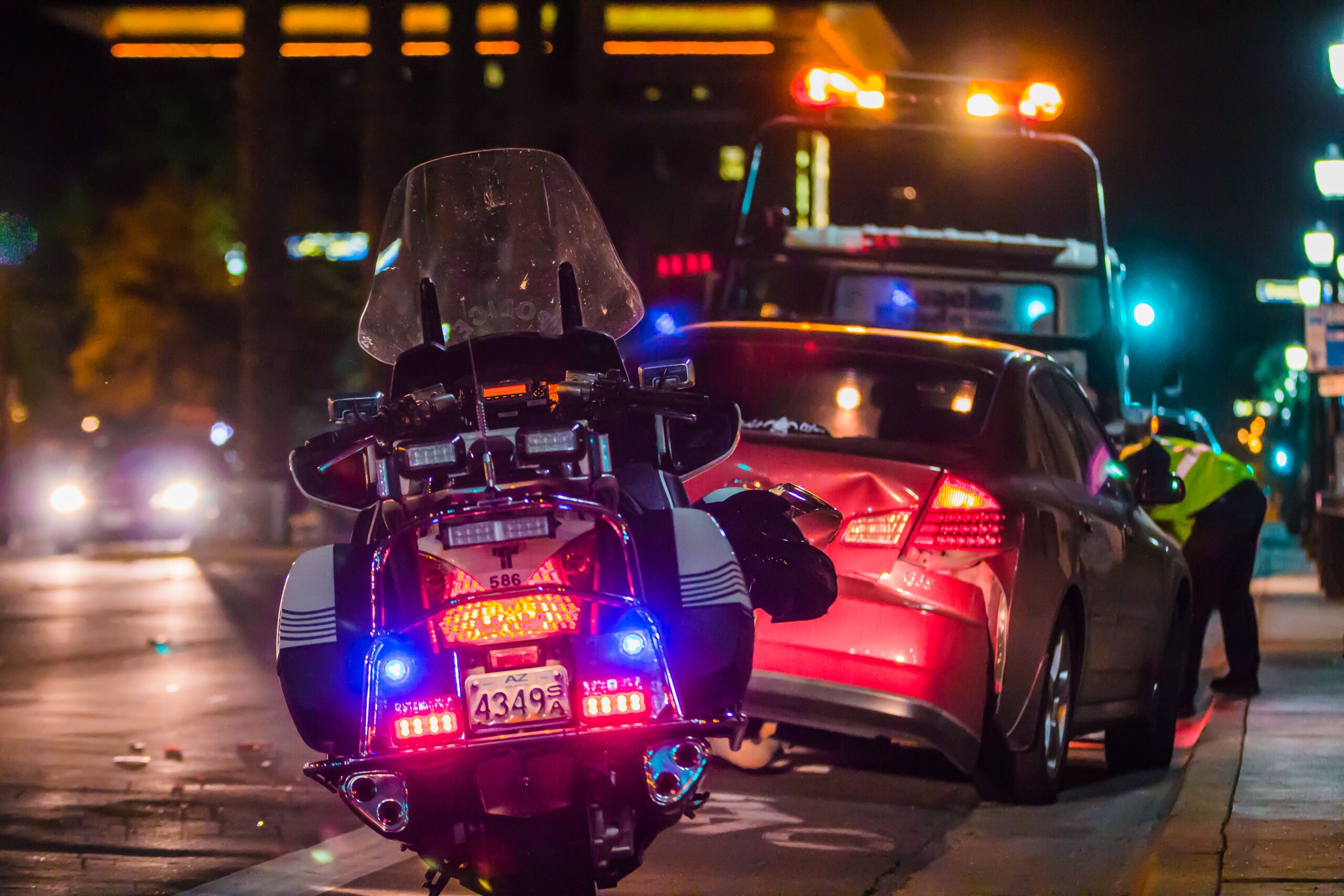Car accidents are never pleasant, but they can be even worse when you’re unsure of what to do and who to contact. You may feel like you’re spinning your wheels or lost in a maze after the accident occurs, which is why it’s essential for all drivers to know the critical steps that should be taken following an auto collision. Here are seven most important actions that must be taken immediately and often within 24 hours to ensure that all parties involved receive compensation for any necessary medical attention.
1. Call the Police
Police can document a report highlighting the accident’s nature and the possible cause. They collect details such as the license number plates, driver’s personal and contact details, and insurance info. It’s crucial to, therefore, provide accurate information as it helps make the later legal and insurance procedures seamless. Be sure to ask for a copy of the police report before leaving the scene.
2. Ensure Safety
Feeling overwhelmed, scared, or upset in this situation is understandable. Take a deep breath and try to assess the situation calmly. Check yourself and your passengers for injuries, and if necessary, call 911 for emergency medical assistance. Turn on your hazard lights and use warning triangles or cones if you have them to signal to other drivers that an accident has occurred.
3. Consult an Attorney
Lawyers understand personal injury law and know what can help make the legal process navigation effortless. However, you need to find the right Illinois car accident lawyers, as this dictates how efficient you’ll be in dealing with the insurance firm.
Do proper research on your target legal team, whereby the focus will be on their reputation and experience. Utilizes sources such as Legal Finders to help connect you with a top-quality car accident attorney or law firm in your area and determine your eligibility.
4. Seek Medical Attention
Health issues arising from the accident need a quick response to prevent further complications that can be detrimental. Visiting a medical center is essential, even with minimal or no visible injuries. Some symptoms may not manifest immediately, especially for internal injuries. With a comprehensive medical evaluation, the doctor will detect any underlying issues and offer the necessary remedies.
The medical reports also become an essential part of the evidence. It captures the medications, diagnostic tests, and any rehabilitation needs, which shows the health and financial hurdles you went through since the accident. Make sure to attend all follow-up appointments and take any prescribed medications.
5. Exchange Information
Exchange information with the other driver(s) involved in the accident. Gather their name, contact information, insurance details, and license plate number. Be polite and cooperative during this process, but avoid admitting fault or discussing the details of the accident with the other driver.
Stick to the facts and leave the determination of fault to the insurance companies and, if necessary, the police. If there are witnesses to the accident, try to obtain their contact information as well. It will be valuable when dealing with insurance claims or legal proceedings.
6. Compile Evidence
Evidence makes it easy to see who was at fault by clearly showing their level of negligence. With your smartphone, you can take photos and have a video of the accident scene. The police report will always capture these details, but having your own documentation is best. These visual records will be instrumental as you strive to justify your compensation eligibility.
7. Notify Your Insurance Company
As soon as the accident happens, you must inform the insurance team about it. Accompanying this should be well-processed documentation of the incident. Attach the relevant papers such as the police reports, witness statements, medical reports, and digital files. They will do their investigation, and you are expected to cooperate well. Give them the correct answers in a timely way.
Be careful not to admit fault, especially when speaking with law enforcement and insurance adjusters. Acknowledging liability may affect your ability to obtain compensation for the damages incurred. Instead, stick to facts and only provide information that is asked for. Having a lawyer by your side is good, as they’ll guide you through this. Insurance agents and adjusters may sometimes lure you into side deals to lower compensation. Attorneys are aware of this and will handle all the negotiations with the insurance team perfectly.
Endnote
It can be challenging to know the best actions to take after an accident. However, you can make things smooth by having the proper evidence and finding the correct law experts to guide you through the steps. It’s essential to speak to a lawyer before signing any documents or receiving any settlement offers from your insurance company.

